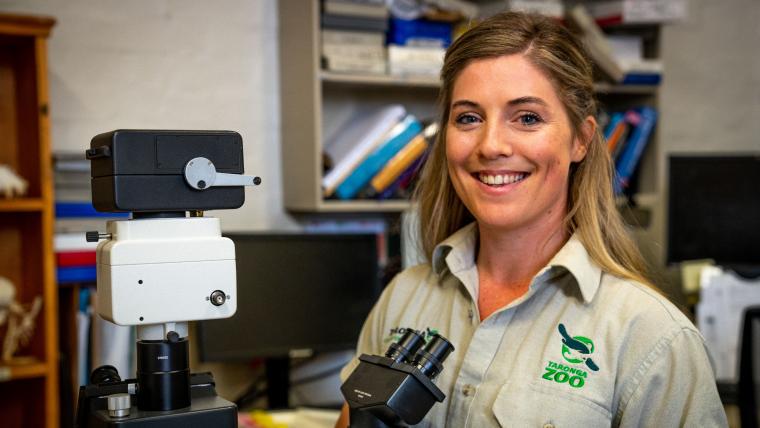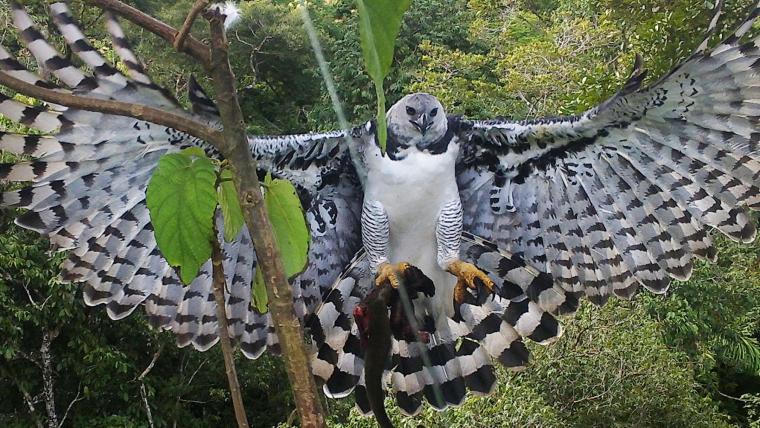
This conservationist frees both wildlife and people from the trap of poaching
A twig snaps. The impala freeze. Is it a predator or a poacher? Out of the tall grass, Kailen Padayachee strides forward. The environmentalist regularly patrols the Tswaing Meteorite Crater Reserve in Tshwane, one of many areas where wildlife are vulnerable to poaching. Hunters hide snares among trees and bramble with the intention of catching unassuming animals. But not on Padayachee’s watch.
“My late brother and I started the KaiNav Conservation Foundation because we wanted to be Africans with African solutions to African problems,” Padayachee says. In impoverished communities, people often rely on bushmeat as a food source. This comes with a host of health risks as diseases are transferred from animals to humans. Although the consumption of bushmeat began out of necessity, it has increasingly become a for-profit trade. And populations of species are dwindling. Together with a team of volunteers, Padayachee roves through Gauteng’s natural terrains to find and remove snares that trap animals.
The organisation is founded on compassion for both wildlife and people. Recognising that poachers are trying to make a living, Padayachee commissions locals to craft sculptures and keyrings with the wire from retrieved snares. The S.N.A.R.E Art Programme is a creative means to boost employment, and gives people an alternative to poaching for survival. The bushmeat trade is a complex issue. But Padayachee’s efforts are empowering communities to end illegal operations and conserve wildlife. “It’s time we find a way to reimagine our coexistence with nature,” he says.






























Please sign in to leave a comment